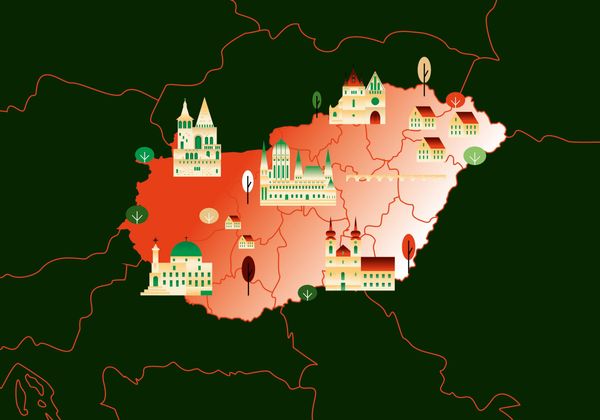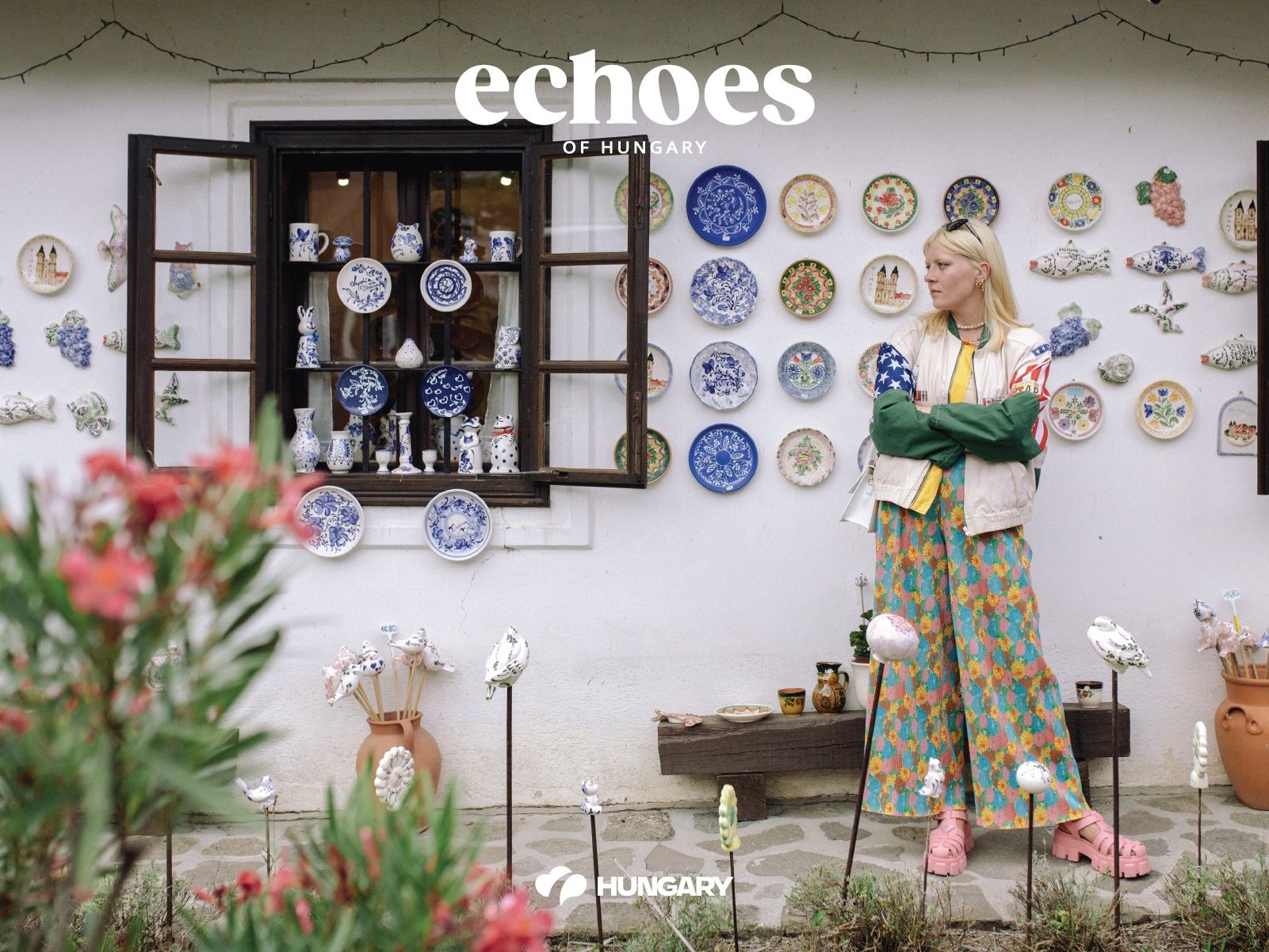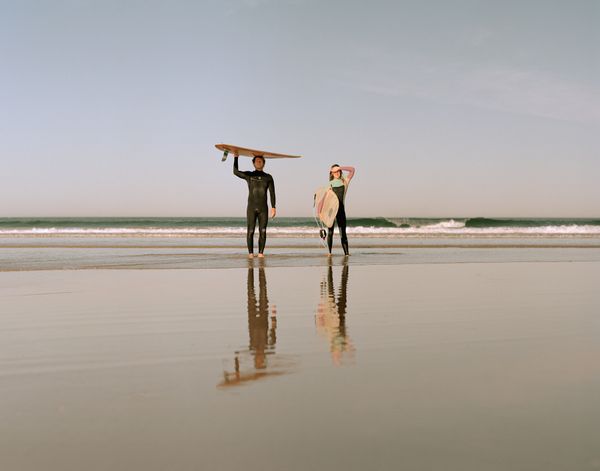Ofelia (official birth name: Iga Krefft) is a 26-year-old singer and songwriter who originally came from a tiny Polish town, but grew in renown until the whole country knew her name. She switched from sombre, alternative rock music to lighter musical genres. These days, she portrays various different female characters in her songs, making entertaining and witty electronic pop music.

You started your career as an actor, and later began to make music. Is one of these more important than the other? Which one was your dream as a child?
Even as a young girl, I have always loved singing. Acting came later. But my focus has always been on music. Music sets me free, allows me to express myself. I truly love the act of creating music. I have always dreamt of being on stage, ever since I was little.
As a young teenager, you played in a musical on stage while simultaneously acting in a television soap opera. How did you manage to fit all of this in with your schoolwork?
To be honest, I have no clue. I was attending music school around that time, and was travelling from North Poland to Warsaw. I truly have no idea how I was able to handle everything. But perhaps I was guided by some sort of magical power, and my own willpower.
You are known by your stage name: Ofelia. Who is this persona? Does she have anything to do with the tragic heroine Ophelia, from Shakespeare’s Hamlet?
Let me tell you the story of this name. As a teenager, I was a little ashamed that I was on television, so using an alias seemed like the perfect choice. People sometimes got confused whether it was me, or just someone who looked like me. But that was actually my intention! The name comes from Hamlet, because I was madly in love with the Danish prince. As one of my friends once told me: „You love Hamlet so much, you should call yourself Ofelia!” So that’s what I did!
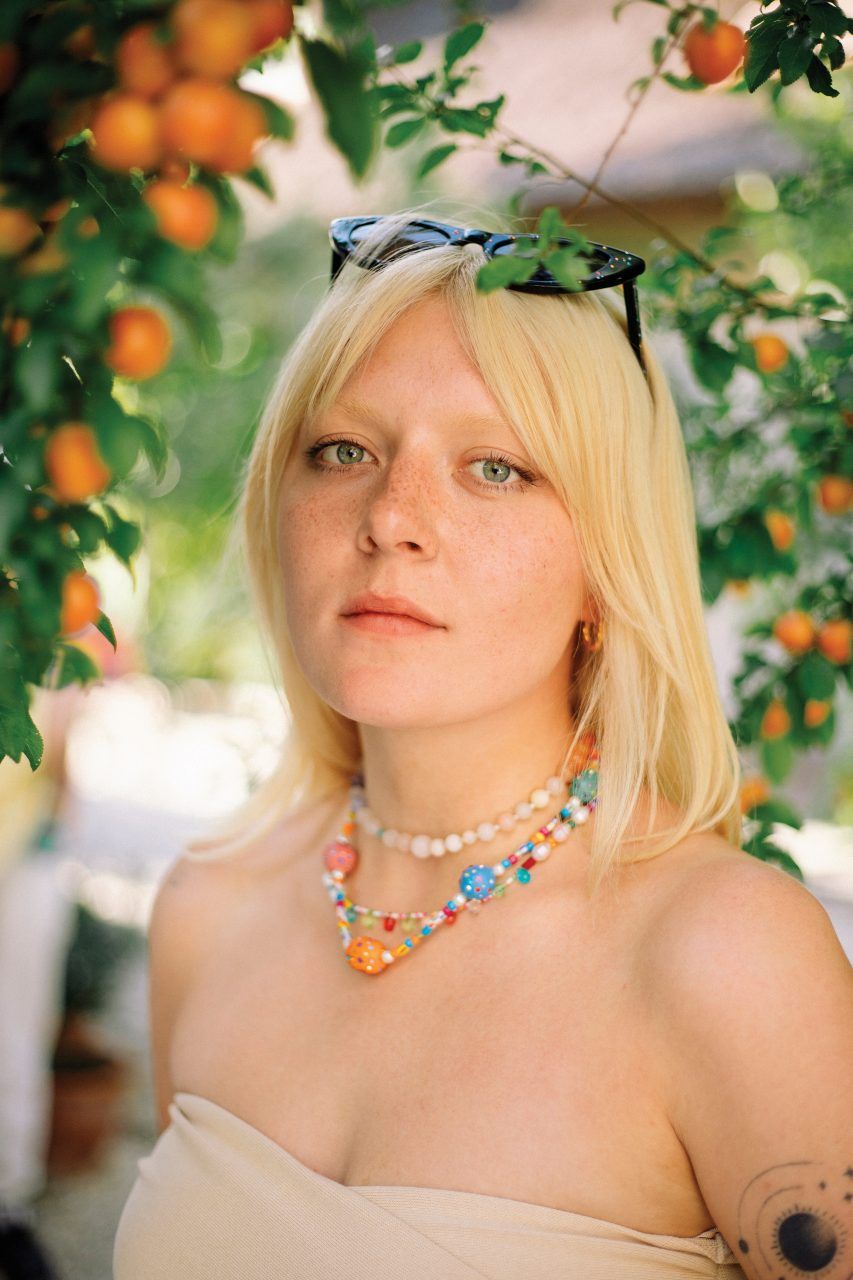
Compared to the darker atmosphere of your debut rock album, your new songs are much more like electronic pop music, and you gave every song a subtitle of a female name. Can you tell us more about this new concept and your plans? Are you working on a concept album by any chance?
Yes, exactly! I came up with the entire concept in a single night when Pawel, my best friend, got a little tipsy in my bedroom. We were hanging out, drinking wine, and he talked about how I should be focusing more on my music. After he left, I took my dog for a walk and BAM, the idea was born. Right now, I feel closer to electronic music, so that’s why I’m following that vibe. This is who I am: eight different women, each one presented in a song.
Who was your biggest inspiration in art and music? Who do you consider to be your idols and role models?
There are so many, it’s hard to choose. I love independent artists, because of their courage in everything they do. Passion and courage have always fascinated me. Especially in the world of art. Pearl Jam has been the most important band in my life, I was obsessed with Eddie Vedder for many years. I think I listened to their songs the most. But my taste in music has changed a great deal since then. Now I listen to techno and Ariana Grande, these are the types of music that inspire me today.
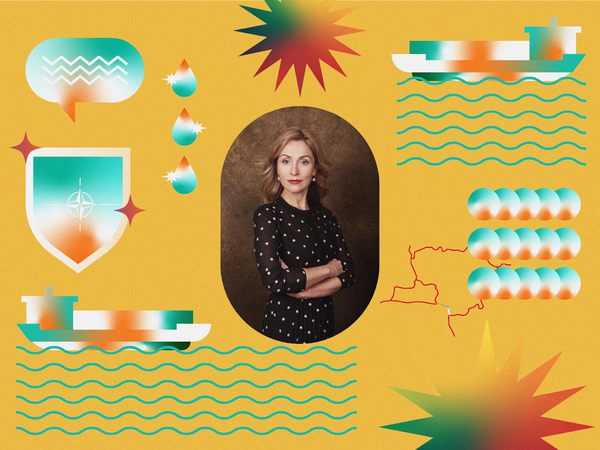
NATO must refocus from deterrence by punishment to deterrence by denial – interview with Margarita Šešelgytė
